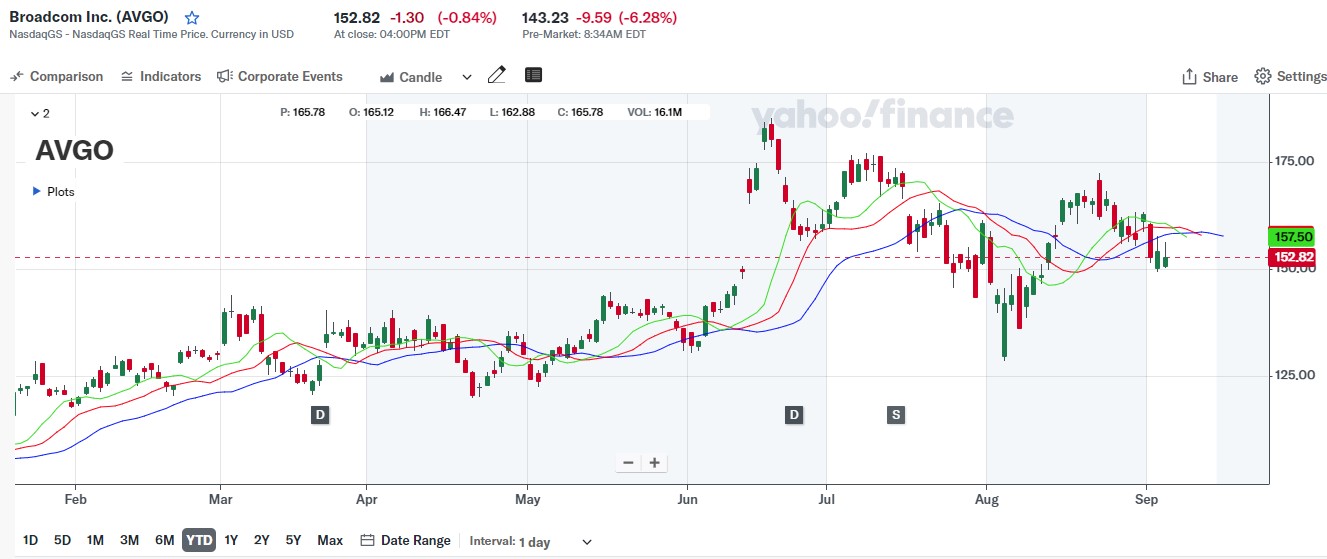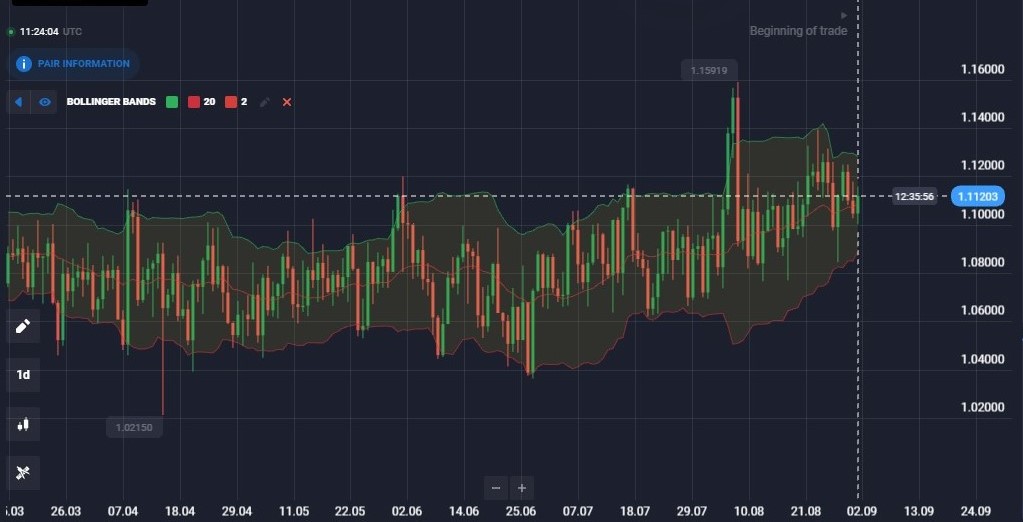Introduction
Liquidity in the market refers to the extent to which an asset can be bought and sold quickly and at stable prices. It is a measure of how many buyers and sellers are present and whether transactions can take place easily. Market liquidity is crucial because it affects how quickly positions can be opened and closed, with a liquid market usually linked to lower risk.
Liquidity is crucial for attracting investors and speculators to the market and establishing the spread that leveraged trading providers offer. Cash availability significantly influences market liquidity, with more liquid assets being readily convertible into cash without impacting their market price. Market liquidity and accounting liquidity are the two main types of liquidity measures typically used.
Importance of Liquidity for Investors
Market liquidity and accounting liquidity are important factors to consider when evaluating stock investments. Stocks with high liquidity typically have smaller bid-ask spreads, which enhances cost-effectiveness and efficiency for investors. Liquidity is essential for investors to manage potential risks and access their savings quickly when needed.
How Liquidity is Measured

In stocks, liquidity refers to the speed at which an investment can be bought or sold and converted into cash, facilitating easier access to investors’ savings. Liquidity can be measured as the amount of money needed to create a daily single unit price fluctuation of a stock. On a logarithmic scale, it calculates liquidity as the product of the volume traded times the closing price and divided by the price range from high to low for the entire trading day.
The valuation of the stock is based on the price at the end of the trading period, which is considered the most accurate, along with the traded volume for the day. The analysts calculate instantaneous liquidity using order book data and average daily volume. The new liquidity measure removes currency values from calculations, enabling direct comparisons of instruments across various international markets. The information required can be obtained from newspapers or free websites.
Advantages of Investment in Liquid Stocks
Investing in liquid stocks like Apple can provide investors with greater flexibility and ease of trading. Liquid stocks are highly traded, which means there is a high demand for them, leading to tighter bid-ask spreads and efficient pricing mechanisms. This not only facilitates easier trading for investors but also mitigates the risk of price manipulation.
Easy to Buy and Sell
Liquid stocks are highly advantageous for investors as they offer high liquidity. This means that investors can easily buy or sell these stocks at any time without significant price fluctuations. Additionally, liquid stocks tend to have lower bid-ask spreads, reducing transaction costs for investors. This makes it easier for investors to quickly enter or exit positions in these stocks, providing flexibility and efficiency in their investment strategies. Overall, investing in liquid stocks can offer greater transparency, flexibility, and ease of trading for investors.
For example, if an investor needs to quickly sell a large quantity of liquid stocks to free up funds for a new investment opportunity, they can do so without worrying about causing a sharp decline in the stock price. Being able to buy and sell liquid stocks easily is advantageous during market volatility. Investors can swiftly adjust their portfolios to reduce potential losses or take advantage of emerging opportunities.
Lower Volatility
Liquid stocks also provide a sense of stability and predictability for investors, making them a more attractive option for those seeking to minimize risks in their investment portfolios. Moreover, swiftly exiting positions in liquid stocks can assist investors in seizing market opportunities and adjusting to changing market conditions more efficiently. The high liquidity of stocks not only benefits investors in terms of ease of trading but also plays a crucial role in enhancing overall portfolio performance and risk management.
For example, a large institutional investor may choose to allocate a portion of their portfolio to highly liquid stocks in order to quickly adjust their positions based on market movements. This flexibility allows them to take advantage of emerging opportunities and mitigate potential losses more efficiently compared to illiquid investments.
Reduced Risk of Price Manipulation
It is another key advantage of investing in liquid stocks. With a large number of market participants trading these stocks, it becomes much harder for any individual or group to manipulate prices. This provides a level playing field for all investors and helps maintain the integrity of the market. Ultimately, lower risk of price manipulation provides additional security for investors seeking to protect their investments from fraudulent activities.
For example, if an investor holds shares in a highly liquid stock like Apple, they can easily buy or sell those shares at any time without impacting the market price. Conversely, if they held shares in a less liquid stock, such as a small-cap company with low trading volume, trying to sell a large block of shares could significantly affect the stock price, leading to potential losses.
Conclusion
In conclusion, liquidity in the market not only contributes to its efficiency but also safeguards investors against potential risks like price manipulation. By investing in liquid assets, individuals can easily buy or sell their investments without negatively impacting market prices. This enhances market integrity and provides a secure environment for investors to manage their portfolios effectively. Understanding the importance of liquidity can empower investors to make informed decisions and protect their investments from fraudulent activities.
Although liquidity provides advantages like market efficiency and risk protection, excessively liquid markets can increase volatility and price fluctuations, potentially resulting in more uncertainty and losses. Moreover, concentrating exclusively on liquidity may disregard crucial factors like diversification and long-term growth potential in investment choices.
References
Bank, E. C. (2020, March 30). UNDERSTANDING FINANCIAL MARKET LIQUIDITY. Retrieved September 8, 2024, from https://www.ecb.europa.eu/press/financial-stability-publications/fsr/focus/2007/pdf/ecb~cc3931849f.fsrbox200706_09.pdf
Market Liquidity – Wikipedia. (2015, May 27). Market liquidity – Wikipedia. Retrieved September 8, 2024, from https://en.wikipedia.org/wiki/Market_liquidity
A Practical Approach to Liquidity Calculation (Digest Summary). (n.d.). CFA Institute. https://doi.org/10.2469/dig.v45.n2.12
TenSpeed, T. (2023, November 2). Why Is Liquidity Important? AlphaPoint. Retrieved September 8, 2024, from https://alphapoint.com/blog/why-is-liquidity-important/
Understanding Liquidity and How to Measure It. (2024, May 18). Investopedia. Retrieved September 8, 2024, from https://www.investopedia.com/terms/l/liquidity.asp
What Is Liquidity in Stocks? Why It’s Important for Investors | SoFi. (2024, February 27). SoFi. Retrieved September 8, 2024, from https://www.sofi.com/learn/content/what-is-liquidity-in-stocks/
What Is Market Liquidity and Why Is It Important? (n.d.). IG. Retrieved September 8, 2024, from https://www.ig.com/en/trading-strategies/what-is-market-liquidity-and-why-is-it-important–190214





